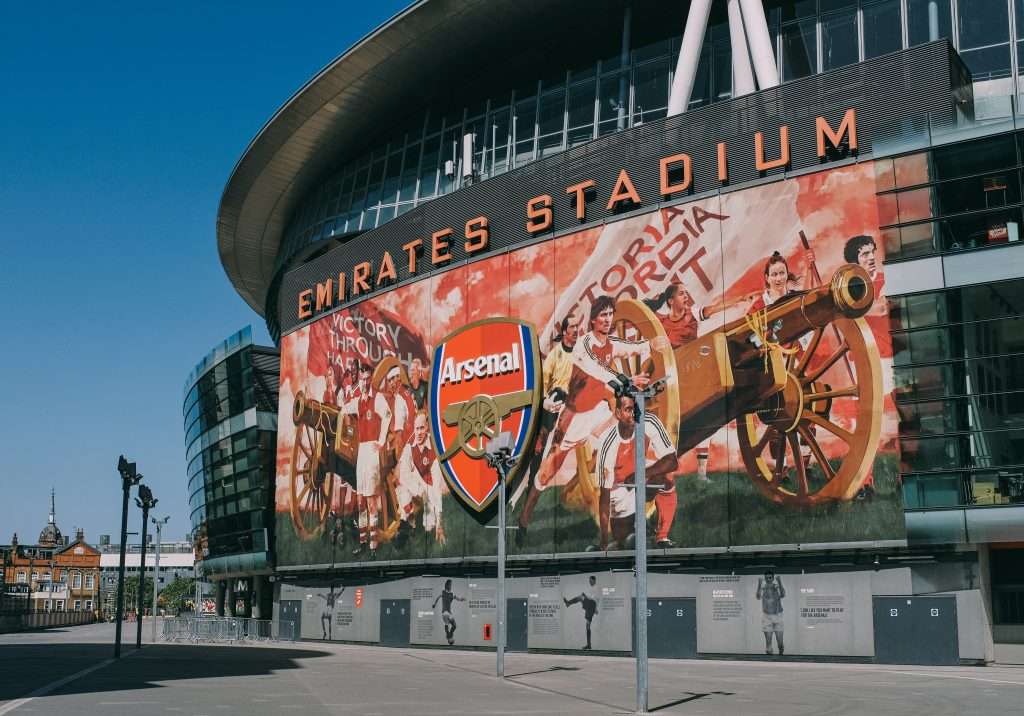Today, we will delve into the rich tapestry of British football tournaments. We’ll highlight their historical significance and impact on the sport. We explore the origins and popularity of iconic competitions and domestic cups in British football.
From the UK Football Premier League to the Carabao Cup, these tournaments have had a significant impact on the sport. Through history, tradition, and community engagement, we gain insight into Britain’s diverse and multifaceted football world.
Premier League
In the early 1990s, English First Division clubs felt that the game needed major changes to accommodate present-day football. On July 17, 1991, they signed the Founder Members Agreement, thus forming the Premier League. This step meant the tournament was further detached from both of these as being commercially independent.
That permitted them to cut their own transmission and sponsorship arrangements. All 22 First Division clubs resigned from the Football League on February 20, 1992. Three months later, the competition was incorporated as a limited company on May 27. Revolutionized as they were by a trail-blazing TV deal with BSkyB. That would have been beyond radical at the time, but instead, it played a key role in helping to elevate the league. History of Premier League: The first round was played on August 15, 1992 with a total number of clubs to be no more than eighty-two.
The six belong to the Premier League clubs. Those six sides are Arsenal, Chelsea, Everton,Liverpool Manchester United and Tottenham Hotspur. The idea has always been to trim the clubs down to 20 for more sustainable growth. They accomplished this at the end of 1994–95, with four clubs being relegated and another two promoted.
FA Community Shield
The FA Charity Shield is the joint record holder in terms of settled trophies in English football history, together with Wolves and Man Utd, which won the 14th championship. Its ancestry goes back to 1908, when it was made as a sort match between Middlesex Regiment and Corinthians FC (amateur palace) at Chelsea F.C’s Stamford Bridge stadium. This special series of games originated as an end-of-year match between a top-tier professional side and the winner of amateur play.
The first game to be played at Wembley was the FA Charity Shield in 1974. This move turned the game into an end-of-season extravaganza of champions versus FA Cup winners. The Shield had been hosted at club grounds various times during its less-important years prior to 1974, usually with histories of largely unheralded teams.
For some context, the Shield now has a multitude of sponsors. Previous sponsors have included Littlewoods, AXA, One2One and General Motors. The Shield, for one year in 2012, left its home and trooped down to Villa Park in Birmingham. That was for the London 2012 Olympic Games.
EFL
In England, there is something called a football competition… the EFL Cup. It’s a knockout tournament. I need the English home football leagues. On those notes, it allows teams across different divisions a crack at a major trophy and also ensures European football for clubs.
It has a competitive football history behind it and also played its own part in the expansion of English football. The EFL and Premier League clubs are both in action. It is played as a knockout tournament, with two-legged ties until the final at Wembley Stadium. This is not as regarded in the annals of history like the FA Cup or Premier League but very valuable to clubs competing.
This gives them a chance to claim major silverware and qualify for the UEFA Europa League. Recently, Manchester City has been a force to be reckoned with and the competition is known for providing memorable moments of giant-killing upsets. Outside of football, the EFL Cup also plays a part in community efforts and helps the development of the English FA.
Conclusion
The history of English football is characterized by premier leagues and domestic cup competitions. More money led, in part, to the formation of a top-flight competition such as the Premier League, a commercial boon introduced at the advent of pay-TV. It also secured revolutionary TV contracts, which helped increase its reach worldwide.
In contrast, the EFL Cup (Carabao Cup) has become an outlet for clubs from various divisions to compete in domestic competition as well potentially qualify for European play while also entering history and making a name themselves with underdog victories. These are the other ways English football is able to flex its mighty, multiple muscles. All are instrumental in creating its robust history of traditions, accomplishments and community involvement.
Disclaimer: Content is for informational purposes only. Gambling may lead to addiction and financial loss. Play responsibly. Seek help if needed. Not an endorsement of gambling.


